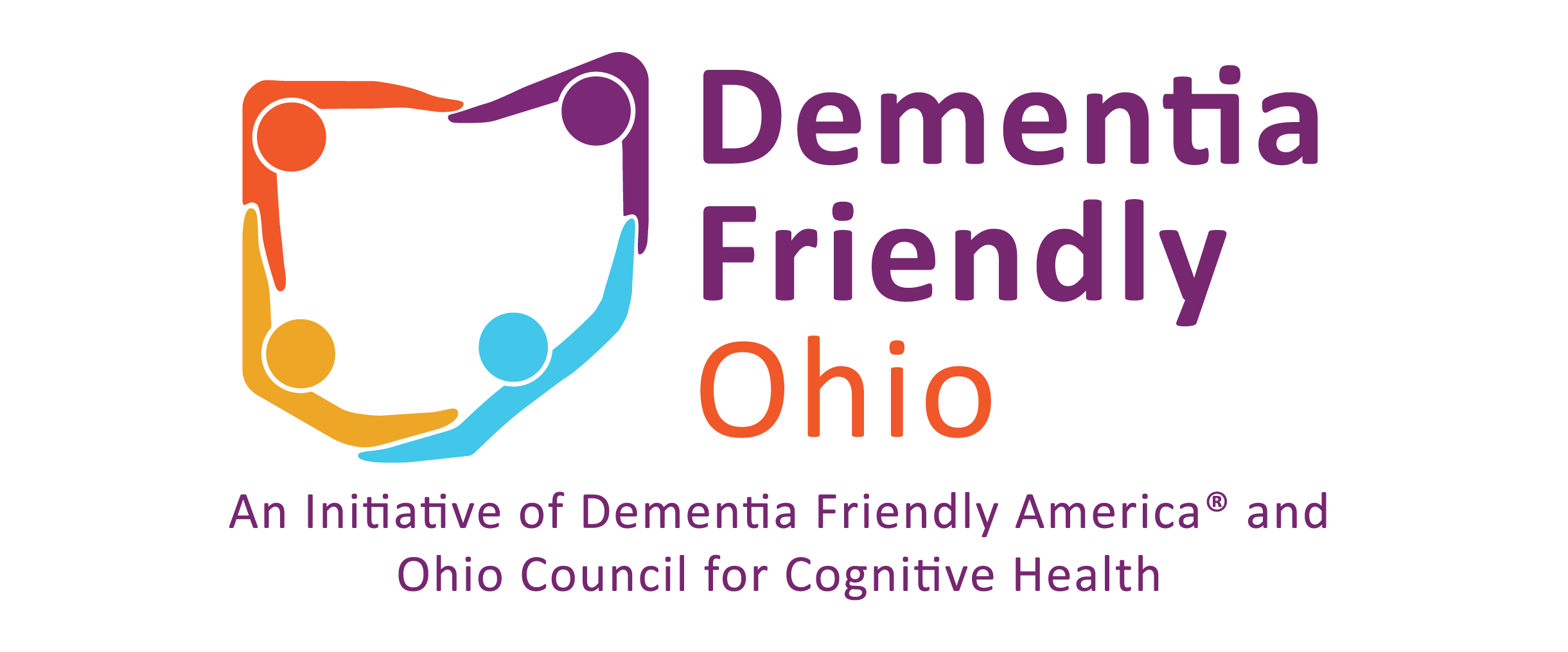Key Message #5
There’s More to the Person than the DementiaLearn about the many abilities that people with dementia retain.

What YOU Can Do
If you have a friend or loved one with advanced dementia, make a memory book with and for them. This is different than a scrap book or a photo album. Think of a memory book as an aid to help the individual to remember better – like eyeglasses help people to see better, hearing aids help to hear better, and canes to walk better.
Losing the ability to remember names, words, and facts forces the memory impaired individual to rely on others in many situations. In a conversation, the person may not remember his daughter’s name and has to hope that he’s said enough about her that his conversational partner will know who he is talking about. He may rely on his spouse to fill in the appropriate names and words when he stumbles on them. With a memory aid, the memory-impaired individual can function independently.
Memory books can be conversation starters, act as memory triggers, be used in storytelling together, and if the person ever becomes unable to speak, the care partner can tell the stories of the Memory Book to the person with dementia.
How to Make a Memory Book
Use one phrase or sentence and one picture on each page.
Use white paper with large-print black lettering.
Place each page in a non-glare plastic page protector.
Use a three-ring binder with a clear pocket on the front.
Put a meaningful photo of the person’s choice on the cover.
For more information:
There’s More to the Person than the Dementia
If you talk to people who are living with dementia, they will tell you that they want to be treated by their friends, family and community, just as they were before their diagnosis. They are still the same people, with the same interests and desires, the same ability to love and be loved. They want to be accepted and they do not want to be pitied.
As the dementia progresses, people will require more care and assistance, and their communication skills will be affected. As the person becomes less able to communicate in their normal way it can be very easy to relate to them as if they are the disease. If you are a care partner, this usually happens because you are very focused on providing good care such as making sure they get out of bed, are clean, well dressed, eat their meals, are taking their medications. It’s easy to become wrapped up in the routine of completing care tasks. So, how can we good care partners and friends while focusing on the person, not the disease?
One thing we have found that helps is to create a note book, document, or poster that tells all about the person. Creating an All About Me document with the person who has dementia allows the people to communicate all of the important aspects of their lives such as their care preferences, food likes and dislikes, hobbies, names of friends and family, etc.
View and download a sample “All About Me” booklet:

Success Stories
We love hearing how the Dementia Friends sessions have impacted you and your understanding of those with dementia. We invite you to share your experiences and successes with us!
Share Your Success Story

“There’s someone in my family who’s affected, and now I have more of an understanding of how to help this person.”
“I know what I’m going to do now. I’m going to call my sister who has dementia. I haven’t talked to her in a year because I didn’t know what to say. Now I do.”
“I now feel more comfortable reaching out to people with dementia.”
“I want to do everything I can to make my neighbor’s life more enjoyable and show her the respect she deserves.”
“I hope to help more people understand dementia.”

